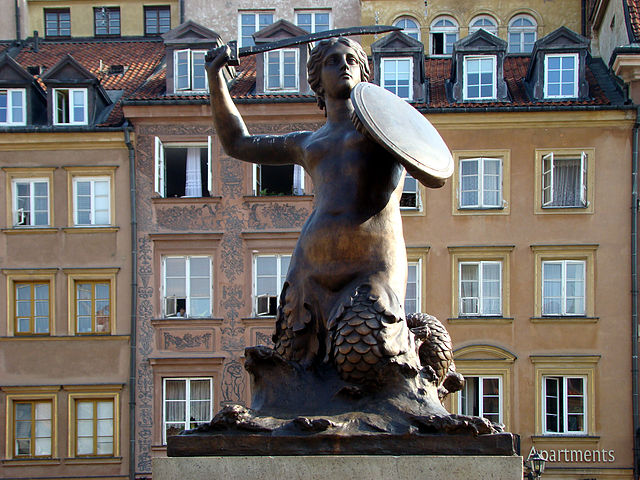Europe is a small, but mighty continent steeped in great history. Across the continent, epic stories of godly fights, heroes, and even some mythological creatures are connected to city names. Check out these European myths, and how they’re connected to these five city names!
Lisbon: Odysseus’ Portuguese City
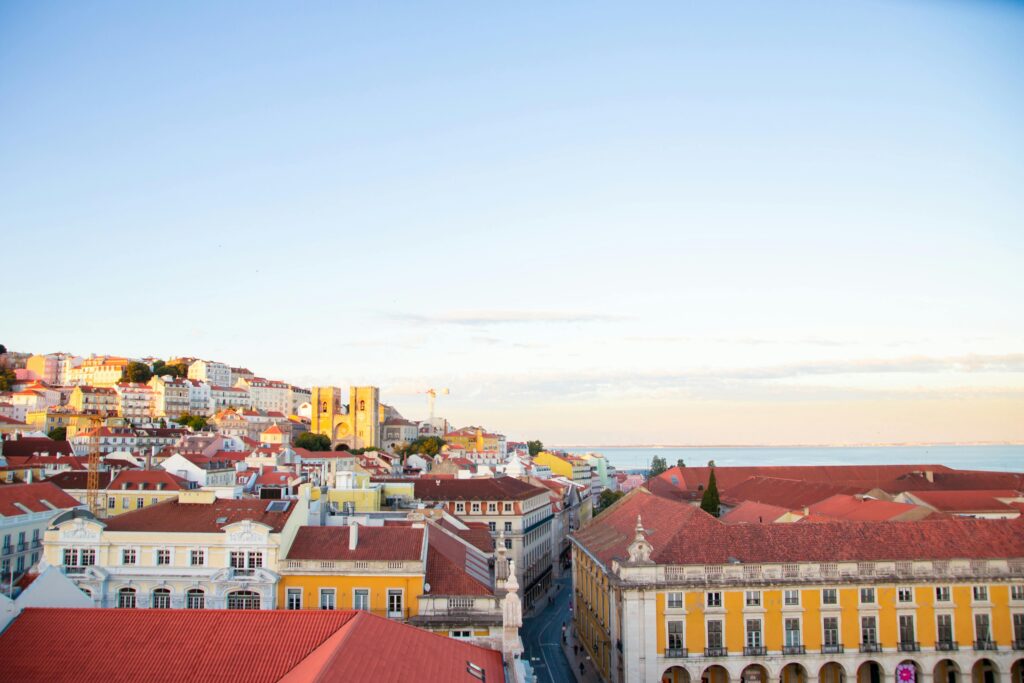
The capital and largest city of Portugal, Lisbon, is known as the City of Seven Hills. Each hill represents the capital city’s culture, heritage, history and national landmarks. The city is steeped in so much history, it’s allegedly over four centuries OLDER than the ancient city of Rome. With a great past, comes great European myths.
It is said that the Greek hero Ulysses (also know as Odysseus), found in the epic The Odyssey, named the city of Lisbon during his journey back home from the Trojan War. One day during this long, difficult travel, a bolt of lightning struck far ahead of him in an unknown land. When Ulysses arrived to investigate, he was instructed by the Greek God of Thunder, Zeus, to name the city. Ulysses named the city Ullyssipo. Over time, the city’s name formed into Lisbon. The name today is almost unrecognizable from the European myth itself!
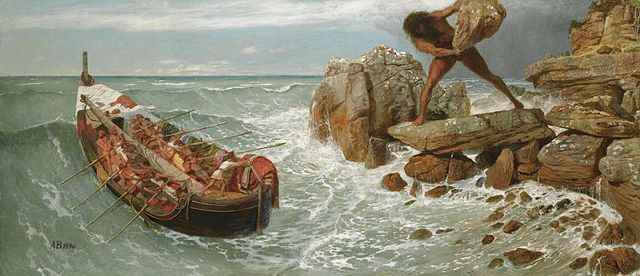
Mykonos: The City of a Great European Mythological Battle
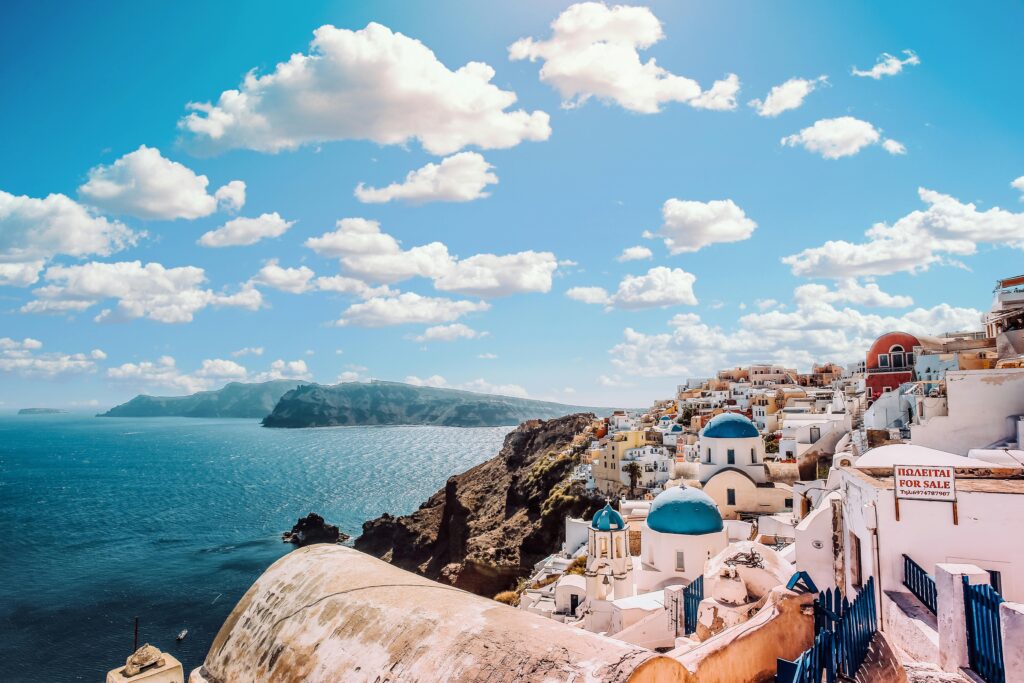
The Greek island of Mykonos is widely known for its surrounding crystal blue waters, and even bluer trim decorating its architecture. Historical sources place the establishment of the Mykonos somewhere around the 11th century. With a history stretching so far back, European myths have unquestionably found their place on its ancient shores.
According to Greek mythology, Mykonos is named after its first ruler, Mykonus. In this European myth, Mykonus was the son (or grandson) of Apollo, the Greek god of the sun. Besides having an entire island named after him, Mykonus isn’t very notable in the Greek pantheon. Though, there is a story of him drinking his daughter Xanthippe’s breastmilk to avoid starvation while he was imprisoned!
The island itself is also the location of a great battle between the great Zeus and the terrified Titans was held. It is also mentioned as the place Hercules lured Giants to to be slain.
Antwerp: The European Myth of Druon Antigoon
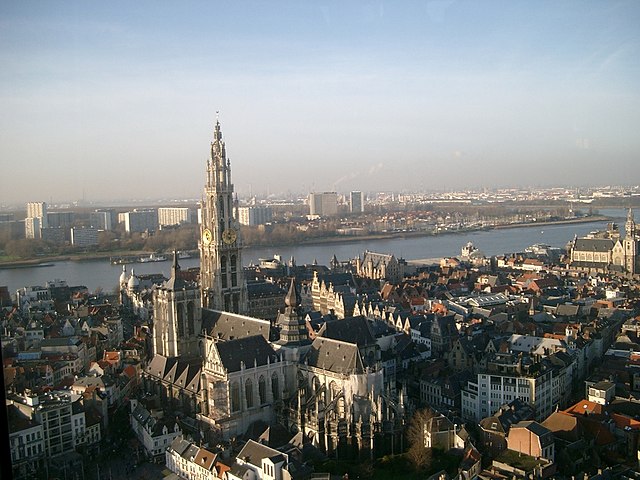
The city of Antwerp in Belgium stands proudly as the capital of its province. Evidence of the cities origins date back to the mid-second century. Since its establishment, it has become Europe’s second largest port, and it is even the global diamond trade hub. It goes without saying, a city so steeped in economic prosperity must have a name to reflect it. And indeed it does. The name “Antwerp” is rooted in the European myth of Druon Antigoon.
Druon Antigoon was a giant who lived in the city according to Belgian folklore. He was a villainous being who demanded a toll for those crossing the Scheldt River, which runs through the city. If a traveler did not have the money to pay, he cut off one of the traveler’s hands! This went on for a fair amount of time, but Druon was so powerful, no one could stop him.
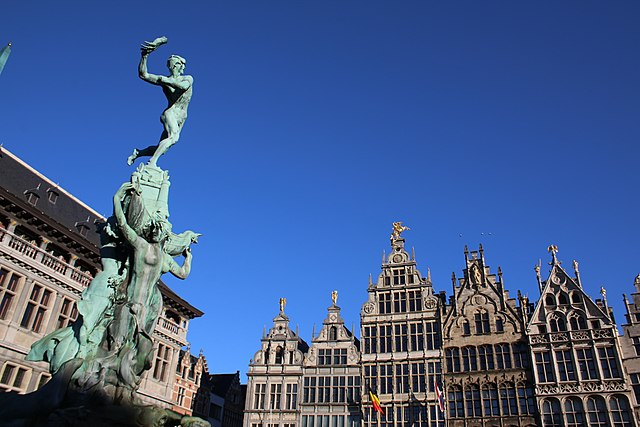
That is until one day, the Roman soldier Silvius Brabo paid the giant a visit. Not only did he murder Druon Antigoon, but Silvius cut off his hand and threw it into the river! This action is what inspired the name Antwerp. Hand werpen means “hand throwing” in Dutch!
Warsaw: The City of Phoenix and Mermaids
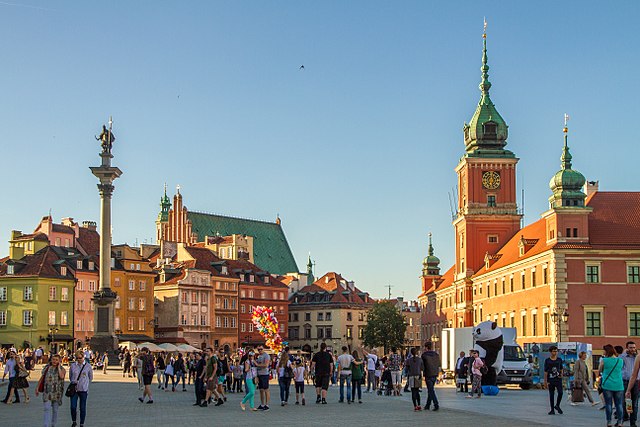
Poland’s largest city and capital, Warsaw, traces back to a small fishing village that rose to prominence in the late 16th century. This city stands as a beacon of resilience. Having been destroyed and rebuilt multiple times since it’s founding, the city boasts the nickname of the “Phoenix City.” (The phoenix is the immortal mythological bird that burns itself to death and then regenerates from its ashes).
While the city’s nickname alone has mythological roots, Warsaw’s actual name is rooted in European myth as well. While there are many myths of how Warsaw got its name, every version centers around two individuals named Wars and Sawa.
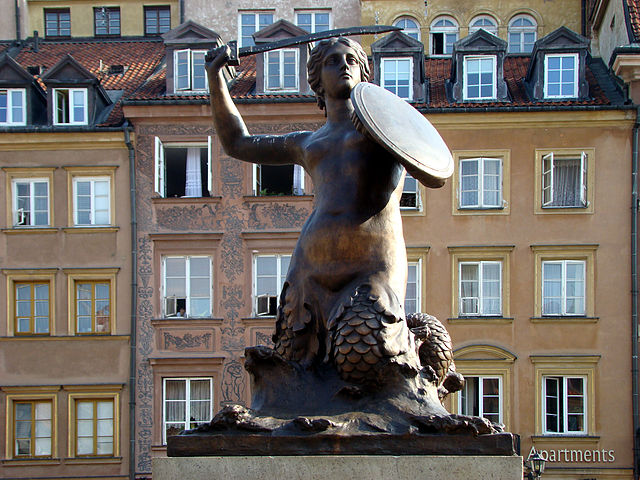
In one legend, Sawa was a mermaid who swam in the Vistula River. Sawa would sing on the shore and attract the attention of local fishermen. One day, a greedy merchant kidnapped Sawa and locked her up for his own enjoyment. The son of a fisherman, named Wars, saved her. Sawa and Wars fell in love. To thank Wars, Sawa promised to protect the city. To this day, you can see the Mermaid of Warsaw protecting the city’s Old Town Market Square.
Rome: Romulus’ City
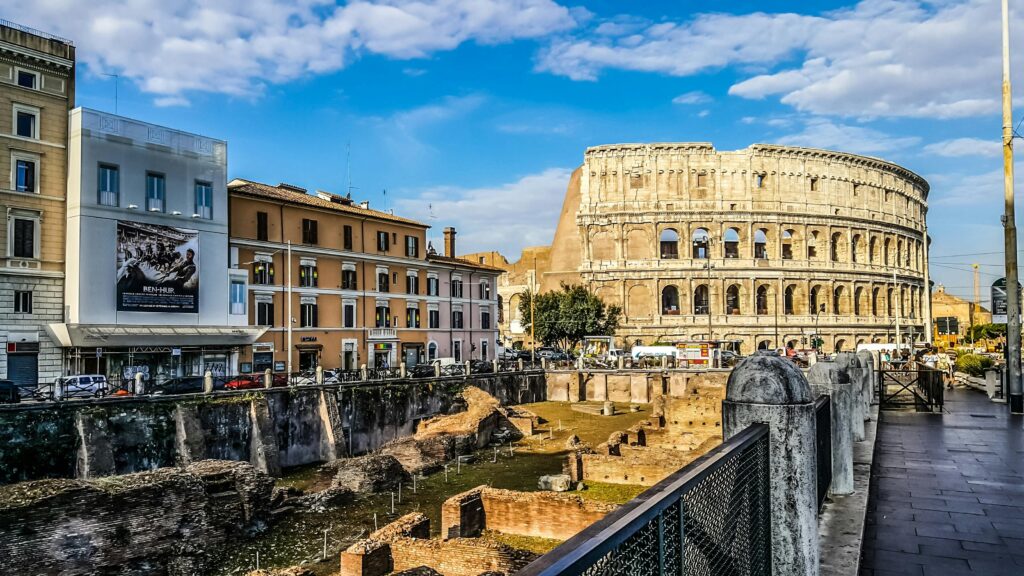
Rounding off our list of cities inspired by European myths, we have Italy’s capital city, Rome. The city’s history spans 28 centuries. It is one the longest continually inhabited cities in Europe. From the Colosseum to the Pantheon, it’s almost impossible to find a location in the city not influenced by Roman mythology.
According the ancient Roman founding myth, the city was named after its founder and first king, Romulus. Romulus and his twin brother Remus were born when their mother, Rhea Silvia, was impregnated by the Roman god Mars in the ancient city Alba Longa. Rhea Silvia was the daughter of the former king of Alba Longa, Numitor.
The current king of the city, Amulius, saw the two twins as a threat to his power, and ordered the babies to be thrown into the Tiber River. Luckily for the twins, a she-wolf found them on the banks of the river. She fed the twins her own milk. Soon, a shepherd found the boys and raised them to be strong, daring young men.

As adults, they became involved in a dispute between the followers of Amulius and Numitor. Remus was captured by Amulius’ followers. During this time, the twins discovered their true identities, and Romulus set out to free his brother and redeem the city for their grandfather, Numitor. Romulus was victorious. Amulius was slayed, Remus was freed, and Numitor was put back into power as king. The twins then set out to make a city of their own.
The brothers disagreed on many aspects of their new city, including the name and location. The brothers weren’t able to settle their disagreements, and sought divine intervention to settle them. The gods favored Romulus, and thus Rome was created. Remus never recovered from this loss, and became incredibly jealous of his brother. A great battle between Remus and Romulus occured. Romulus won, and reigned over Rome for 38 years until his death.
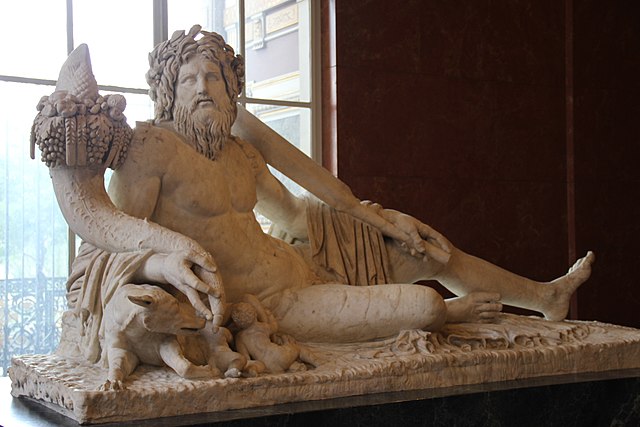
We’ve only scratched the surface of great, and sometimes strange, European myths. Which myth was your favorite? Have you visited any of these cities? Let me know in the comments!
Can’t get enough about myths? Follow Momento Mari on Tiktok or Instagram, or check out my About Me page!

